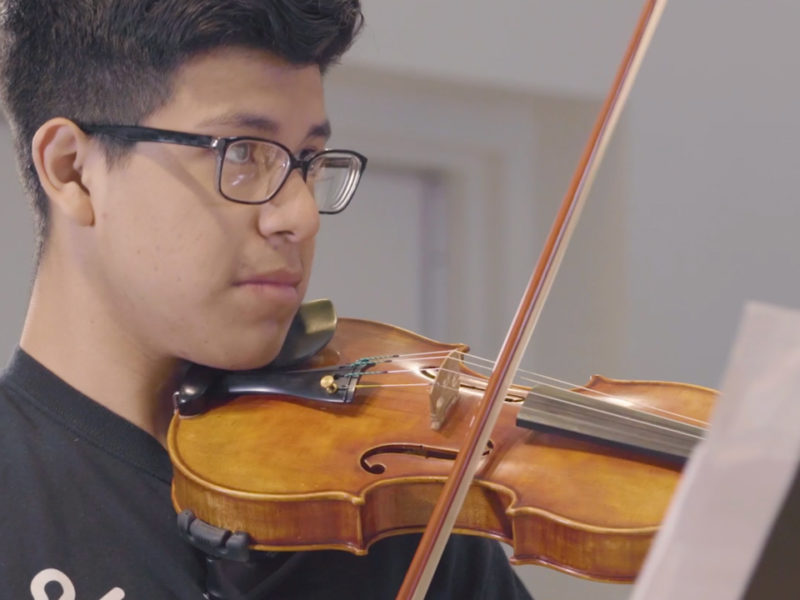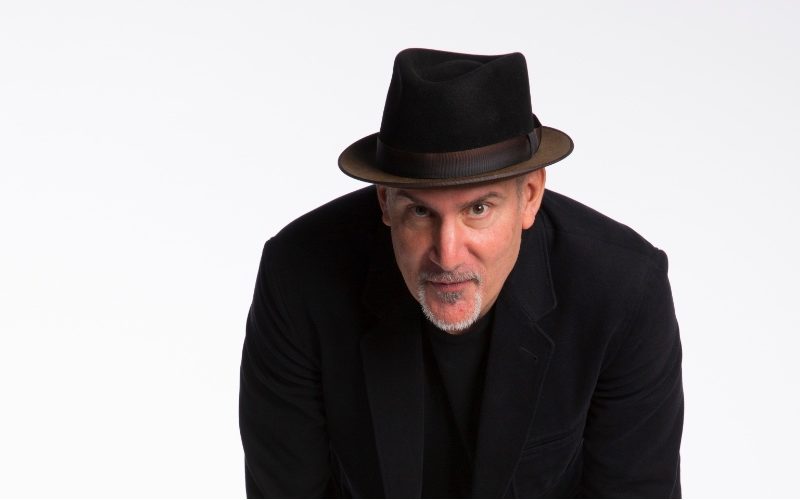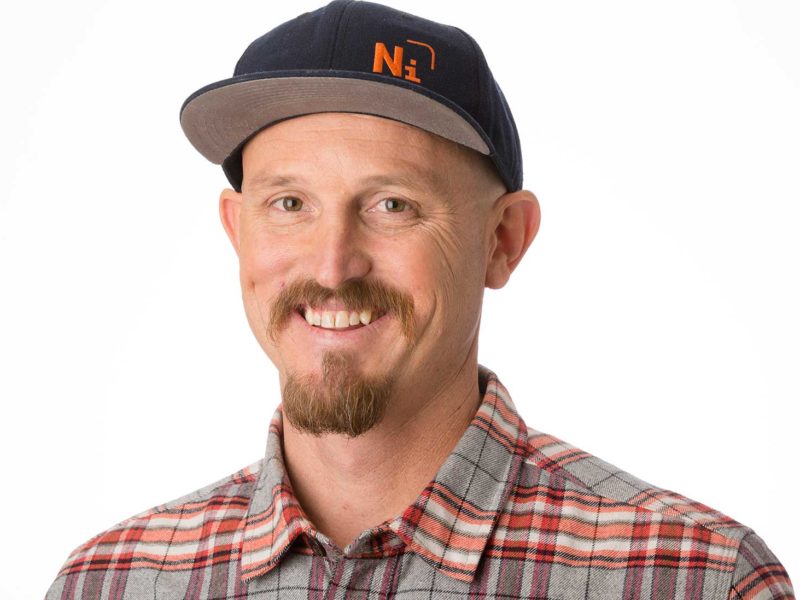
CIW Q&A: Strand of Oaks’ Timothy Showalter
Timothy Showalter’s latest album, HEAL, is unlike any of his previous work—a raw, unedited setlist that grew out of a tumultuous year in his marriage and career—and it has drawn a different, more varied audience then his past work as the frontman for Strand of Oaks. In addition to a summer-long, nationwide tour, Strand of Oaks made a recent appearance on Late Night with Seth Meyers, and their single, “Goshen ’97”, can be heard regularly on stations like Chicago’s WXRT. When we talked, Timothy Showalter was resting in his “summer home”—his tour bus was cruising down I-80 in Pennsylvania on the way to Strand of Oak’s next gig.
You’ll be in Chicago August 17 at Schuba’s—your third show in the city in as many months. What type of experiences did you have growing up with the Chicago music scene?
I grew up about an hour and a half or two hours east of Chicago in north Indiana. As soon as I got a driver’s license or one of my friends got a driver’s license, we were in Chicago as much as we possibly could be. I mean, we’d be shopping for records, going to Fireside Bowl, seeing shows and just kind of experiencing the big city life that we had no access to where we grew up.
Sneaking into Schubas. It’s funny, now, we’re playing Schubas…. I just remember trying to sneak in with my older brother’s ID and stuff and getting in, and it was great. Yeah, just so many good memories and history with that town.
We’ve been talking about your musical education in Chicago, but actually you’ve said before that one of the earliest influences on your music was your local library in Goshen, Indiana. We’d say probably most people don’t go to their library looking for music. What did you find there?
I think I lucked out because there must have been a college professor or somebody who had a really good record collection who just donated all the cassette tapes, probably when he moved to CDs. There were just hundreds of awesome cassette tapes. For some reason, my library had the whole Tom Waits discography, from the beginning to up until that time, which was probably early 90s. All the Talking Heads stuff, a lot of punk stuff, a lot of blues stuff. And it was all on tapes, so that meant I could go home…and make my own copies. It built up a collection of music that shouldn’t have happened so early.
The one funny thing, though, is that sometimes the discographies weren’t actually complete. So, the first Bob Dylan record I heard was World Gone Wrong, and that’s not really the normal entrance point into Dylan’s catalog.
So, when did you move from making copies of cassette tapes to playing yourself?
I actually had a band called the Nuclear Warheads that existed only in comic books that I created when I was 10 years old. It was a punk band…. Then when I was 13, my friend’s older brother had a bunch of synthesizers and techno equipment that I really liked. So then I started playing with drum machines and keyboards and stuff. That was kind of my entrance into music.
Wait, you can’t just casually mention your comic book punk band and not follow up. I’m imagining the band members as superheroes in some way—fighting crime and making music, say?
It was a four piece…. It was four guys with Mohawks who were probably ninjas, and there was always a nuclear bomb exploding in the background. That’s probably where their name came from. There were a lot of adventures. What’s weird is they weren’t really heroes or superheroes; they just kind of played shows. I’d just draw the band playing in different venues, sometimes outside, sometimes under the ocean or something.
That definitely sounds like a much more realistic band than what I had in mind, even given the underwater shows. It’s sounds like it was just about touring and getting gigs like any musician has to do regularly.
I was preparing myself for a career in music. That’s kind of where it started.
Let’s talk, then, about where your career ended up today. Your latest album, HEAL, is very emotional, very raw. What did your creative process look like for that?
Well, I just went through the worst period in my whole life and had a terrible time. Luckily, I found some kind of creative outlet to shift from being crazy and manic into writing a lot of songs in a short period of time. It really came so quickly that I don’t really know how it originated. I got home from tour and wrote the title track as soon as I got off the plan, and the rest just kind of happened. It was very beyond my control.
It sounds like in my ways the opposite of the process you’ve described for past records—a very controlled process where you labored over each and every word.
Yeah, it just came. I think from the very initial point of writing the song, I chose not to edit myself…. As a writer who likes to create stories, five years ago I would never have allowed myself to do it. I didn’t want to make a lot of rules for this record, so whatever happened and whatever was being fueled by that spark of inspiration or craziness or whatever my head was doing, I just kind of wanted to let that happen and not change it.
So, have you found that the audience response has changed as a result of this change in the way the record came about?
Yeah, there’s something immediate in the music now. It can take you on different levels. If you want to just head bang and drink a beer and make out with somebody, you can do it at the show. Or you can go a little deeper and pay attention to the lyrics. I don’t want to make any rules for how people experience the music.
And what about your experience? Is it different for you playing these almost unedited songs?
I was nervous at first because the songs have dark elements to them, and I thought, “Oh, I am going to have to relive this every night.” And then every night I play it, I just want to play music again. It feels so freeing to play these songs.
When you’re not playing, who do you listen to? What artists do you look to for inspiration?
I cannot stop listening and I cannot stop talking about Sharon Van Etten’s new record [Are We There]. It’s a shining example of the art of making records right now…. If you need a cleansing hour and a half cry post-listen, if you’ve got anything that you’ve been waiting to cry about or really feel deeply emotionally, this is your record. You need to just dive into it.
This is kind of the year of women making music for me. Some of my favorite records are Angel Olsen’s newest record [Burn Your Fire for No Witness] and Marrisa Nadler put out an amazing record called July.
Q&As are edited for clarity and length.
Q&As are edited for clarity and length.





